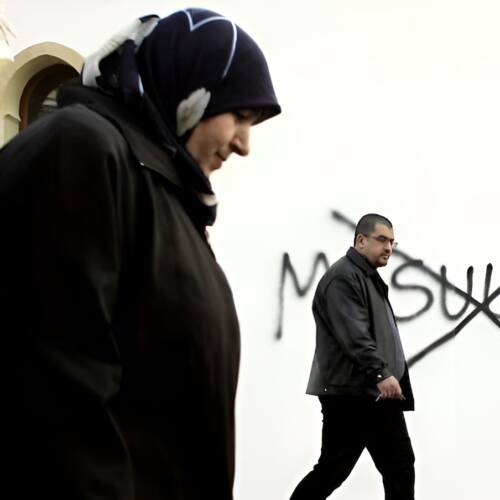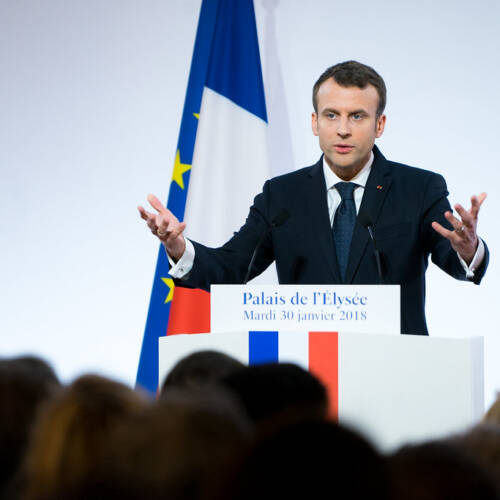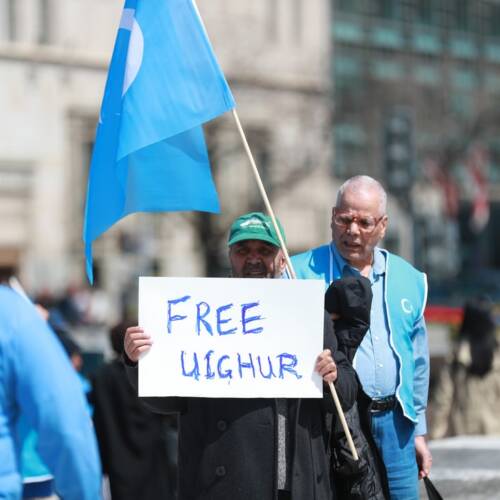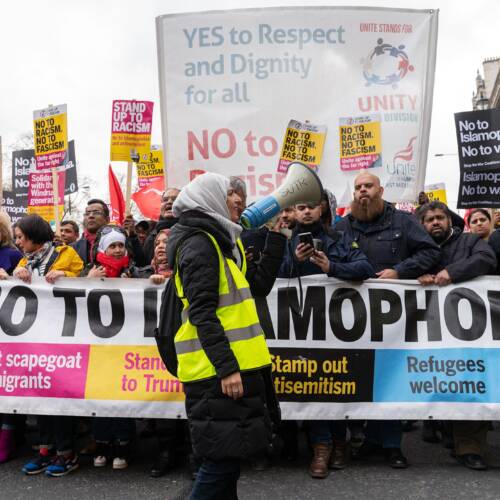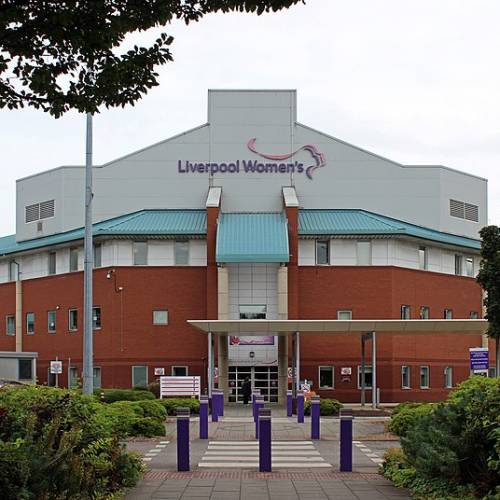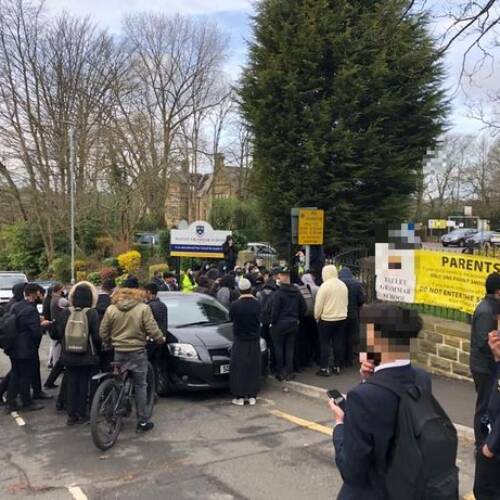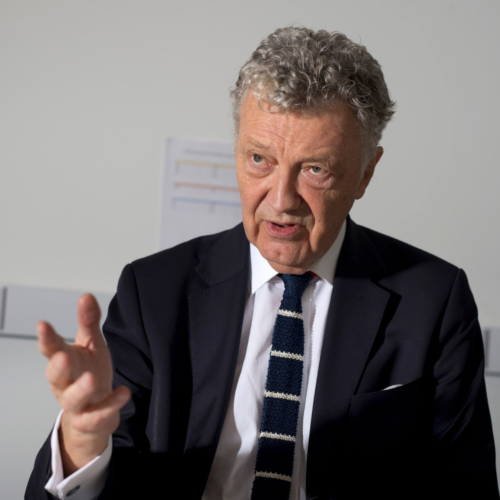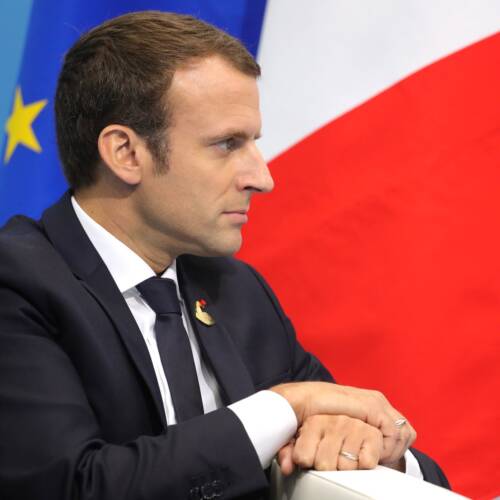
Far-Right Plot Uncovered in Germany Influenced by Christchurch Mosque Attack
18 Feb 2020On Friday, 12 men were arrested in 6 German states as part of a crackdown on a far-right extremist group known as Der harte Kern (The Hard Core). According to German police, the group was plotting to launch attacks on a number of mosques across the country and was greatly influenced by the Christchurch attack in New Zealand, which killed 51 Muslim worshippers. The arrests represent another episode of German’s growing and highly dangerous far-right scene.
Prosecutors said that the group had formed in September last year and also aimed to overthrow the German state by attacking politicians and asylum seekers.
Germany’s Der Spiegel magazine, identified the head of the group as a 53 year old man named Werner S., who had reportedly tasked each member with obtaining weapons, identifying targets, and raising €50,000 each for their activities. Werner S. also stated that his aim through these planned attacks would be to hasten the onslaught of a civil war in Germany, an idea linked to a common theory on the far-right known as ‘accelerationism’.
Initially based on the seemingly inevitable spread of post-Cold War capitalism, and the advent of technology in the 1990s, the term has today – for far-right extremists – been based on the idea that western culture and society is irreparable beyond (its “white”) recognition. As a result, the theory’s followers seek to sow as much chaos and tension as possible, and ‘accelerate’ this demise, in hope of bringing about a new order. This theory was also mentioned in the Christchurch killer’s so-called manifesto and is prevalent among other extremist far-right figures.
It is in this light that there is growing unease amongst the public about the rising levels of far-right influence in mainstream political and social life, especially after a number of recent violent far-right incidents in Germany. In June last year, a far-right terrorist killed a local politician, Walter Luebcke, for expressing pro-refugee views. Later that year, a synagogue in the city of Halle was attacked, which resulted in the deaths of 2 people. According to DITIB (the largest mosque association in Germany), mosques in the cities of Essen and Bielefeld have received emails threatening to carry out bomb attacks. This is in the last couple of weeks alone.
The growing threats against minority communities signal wider concerns, especially among German Muslims, about the potential harm posed to their congregations.
In response to the arrests, Aiman Mazyek, Chair of the Central Council of Muslims in Germany (IGMG), called for “a visible police presence at mosques where past attacks and assaults had taken place”, especially “during Friday prayers”. Speaking about the growing use of private companies to ensure protection, Aiman added that “we should not have to use private security companies to protect our mosque communities and lead talks to provide instruction on what to do if there is an attack”.
Aiman’s concerns have been shared by British Muslims, too, who have recently spoken out against the lack of security afforded to Muslim communities. At the end of last month, the far-right group Britain First visited mosques across England, triggering fears within communities about the ease of access that supporters or members of groups, such as the openly anti-Muslim Britain First, have to these sites. Darren Osbourne, the terrorist who drove his van into pedestrians outside of Finsbury Park mosque in 2017, had been influenced by, and had direct contact with, senior members of Britain First.
For Aiman, however, the arrests represent a positive step in the fight against far-right extremism, although he admits that there is still a long way to go. “The state must have an interest”, he said, adding that there needs to be greater awareness and interest among the police, legal system and civil society concerning anti-Muslim hatred.
Particularly for civil society, there is a great amount of potential that people-powered movements can have against hate and racism beyond state-level intervention. In the UK in 2013, a mosque in York invited anti-Muslim demonstrators from the English Defence League (EDL) in for tea and biscuits. After the demonstrators accepted the offer, tensions gradually de-escalated, and the individuals even played a game of football later that day.
And just last weekend during a football game in the German city of Munster, a fan who was hurling racist abuse at a Ghanaian player was identified by his fellow supporters and subsequently ejected by stewards. The crowd later chanted “Nazis out, Nazis out” as the individual left the stadium before being arrested. It is a powerful reminder of how hate and racism can be combatted by people of all backgrounds, races, and religions, united in a common aim.






